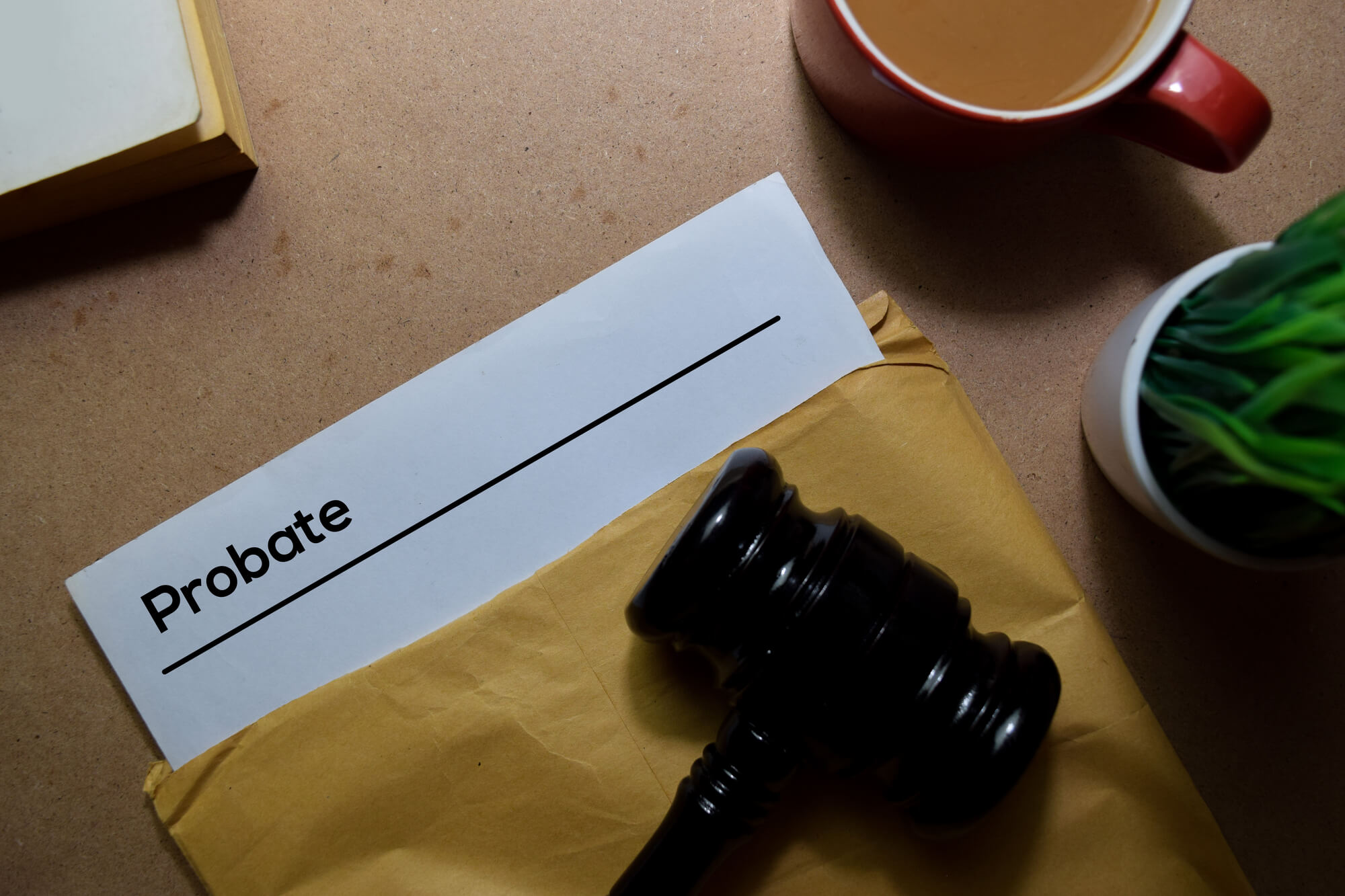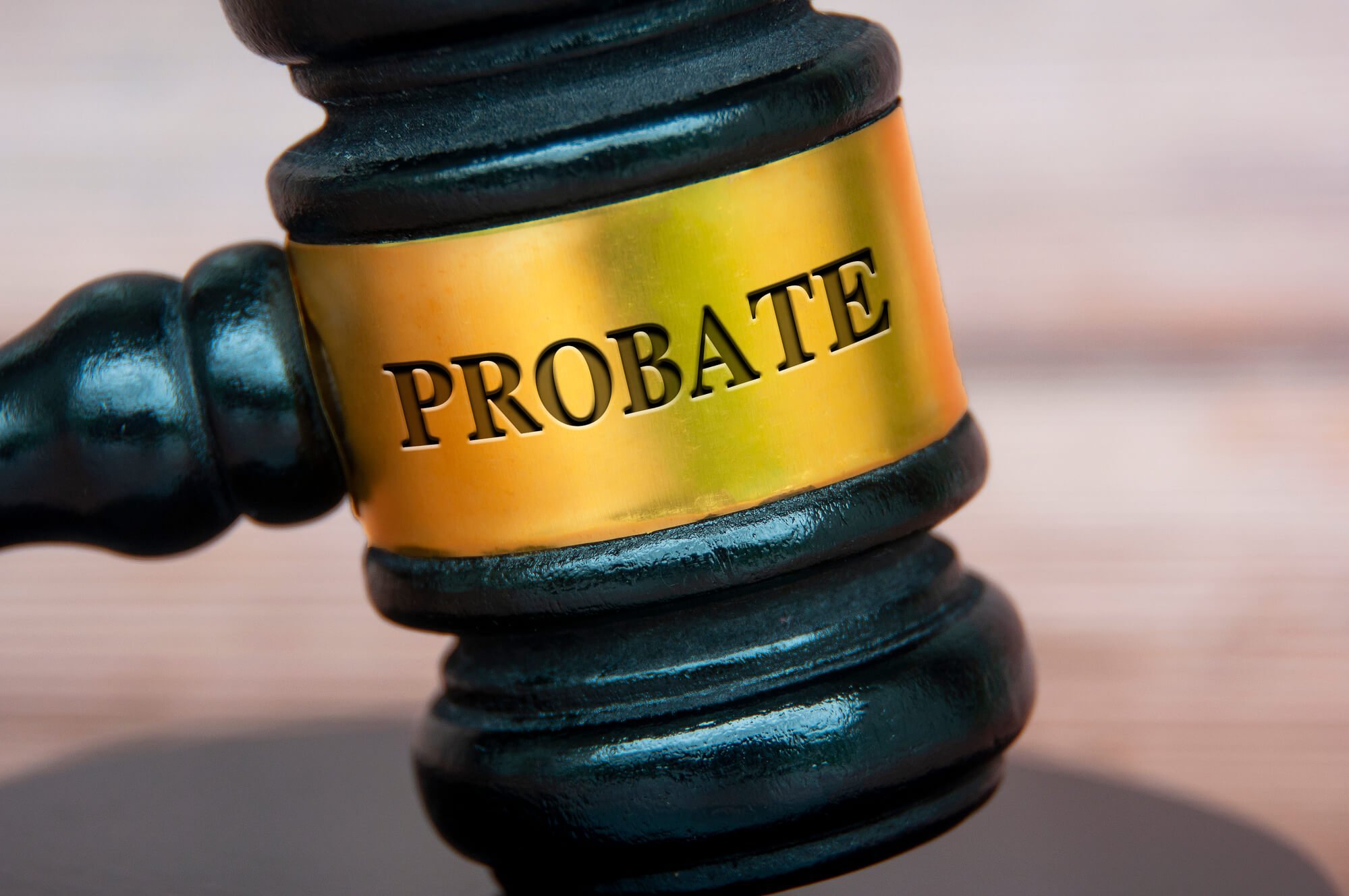Probate is necessary for the administration of a deceased’s estate if the value is above £20,000. If the deceased left a will then a grant of probate will be issued. However, if there was no will, then the executor will be issued with a letter of administration. Most of the time financial institutions and other organisations are the ones that need to see the grant of probate before they can initiate the transfer of the deceased assets.

How do you define probate
Probate can be defined as the legal right to deal with or administer the estate of the deceased. Following the demise of a loved one, you will need to acquire legal authority to distribute the deceased’s estate from the High Court. That’s the probate meaning. You need to be 18 years and above to apply for probate.
When do I need probate
Probate can be required whether there’s a will and when there’s none. The following circumstances dictate whether or not probate will be necessary. So, when is probate required?
- If the deceased left an estate worth more than £20,000
- If there were any stock or shares left
- If it’s a requirement from insurance policies
- If there’s land or property held in the deceased’s name or ‘tenants in common’
If the deceased had any assets in the bank, the financial institution will demand to see the letter of administration or grant of probate before transferring the control of the assets to the administrator. Each bank has a limit to the amount of money it can release before asking to see a grant of probate. If the account was jointly held, the remaining balance will automatically go to the surviving account holder.
When it comes to shares or stock, most financial institutions do not initiate the transfer without any grant of probate or letters of administration.
Probate will also be necessary if a family member questions the validity of the existing will. If they think the deceased was not in the right state of mind when making the will, if they were under the influence, or if there’s an updated version of the will and what you have is outdated.
When is probate unnecessary

You need to first determine whether probate will be necessary or not before applying at the probate registry. Since the estate value is essential in determining whether probate will be necessary or not, you need to do an asset valuation and determine the accurate value. In situations where the estate value is less than £20,000, the financial institution or insurance companies might decide to release the money or transfer control of the assets without the need for probate.
Other circumstances under which probate will not be needed include the following:
- If the deceased had jointly owned assets(they’ll be automatically passed on to the surviving party)
- If the estate is insolvent( not enough money to pay off the deceased liabilities)
Applying for probate without a will
As mentioned earlier, probate gives you the legal right for the estate administration of the deceased. If your loved one did not leave a will, then the executor or next of kin needs to apply for a letter of administration. The process is pretty much the same as applying for probate, with the only difference being the issuance of a letter of administration. However, the presence of a will makes the process less tedious.
Since there’s no will, the next of kin is the one eligible to apply for probate. This is according to the rules of intestacy. So, who can apply for probate? The following are eligible to apply for probate as next of kin in this order of priority:
- The spouse of the deceased
- The deceased’s child(excluding step children)
- Grandchildren of the deceased if their parents aren’t alive
- Parents of the deceased
- The brother or sister of the deceased or their children if thy aren’t alive
- The grand parents of the deceased
- The uncle or aunt of the deceased
Multiple people can have equal entitlement to apply for probate but they need to agree on one person that will proceed with the application. They will still have equal authority over the administration of the deceased assets.
Is probate required if there’s a will
Most of the time, probate isn’t required if there’s a will. However, probate is required if there’s a will in a situation where the deceased had not specified the executor of the estate. Also, if there’s any dispute from the beneficiaries or if anyone thinks the deceased wasn’t in their right state of mind when writing the will and appointing the next of kin then probate will be necessary to determine who will have the legal right to deal with the deceased’s estate.
How is the probate process
The nature of the estate will determine how the probate process will go. You should note that the process of applying for probate when there’s no will is similar to when there’s a will present. Here is the detailed probate process:
- Determine whether probate is necessary
- Establish the estate’s value
- Apply for probate
- Acquire the letters of administration/grant of probate
- Deal with the estate amiinistration
Determine whether probate is necessary

The presence of a will is among the many factors that determine whether you need probate. Considering financial institutions and insurance companies are among the organisations that require a grant of probate to transfer control of the deceased’s assets, it’s advisable to check with them first. This will help you know the number of copies you’ll need.
Establish the estate’s value
To establish the estate’s value, you’ll need to contact any financial institutions and other organisations. You can also hire a professional to help you with the accurate probate valuation of the rest of the goods and chattels. With an accurate figure, you’ll be able to determine whether the estate is eligible for any inheritance tax.
Apply for probate
Once you’ve already valued the estate and established whether you’re eligible for probate, you can now file the application at the probate registry. Apart from the probate application form, you’ll also need to fill out the right inheritance tax forms i.e either IHT205, IHT217, or IHT400.
Call now, So we can help you
0207 706 7554
Acquire the Letters of Administration/grant of probate
Once you have submitted your application online to the probate registry, it can take anywhere between three to six weeks to be approved. Once the application has been approved, the probate registry will mail you the Letters of administration/grant of probate depending on the number of copies you needed.
Deal with the estate adminstration
Dealing with the estate of the deceased involves closing bank accounts, paying off inheritance tax, contacting pension providers, collecting insurance claims, and paying off any debts. Once all that is done, the administrator or executor can distribute the remaining assets to the beneficiaries.
How long does the probate process take
Applying for probate can take anywhere between 1 to 3 months. But how long does probate take once submitted? Upon submission, probate approval can take anywhere between three to six weeks. However, it can take you anywhere between three to six months to administer the deceased person’s estate. This might take even longer if there are any disputes along the way or if the deceased had other assets in foreign countries among other setbacks.
Having established when probate is required, it will be easier to go about the probate process and administer the deceased person’s estate. You’ll also be able to make informed decisions regarding the process. You can also consider the option of hiring a professional for the job to make the job easier.












